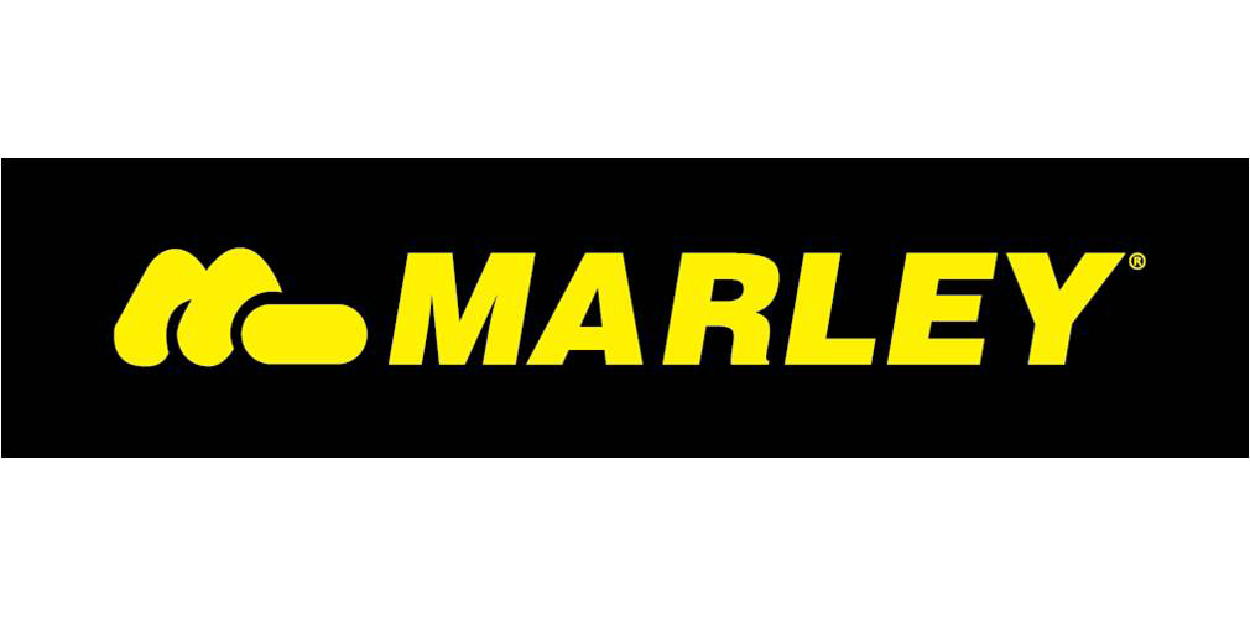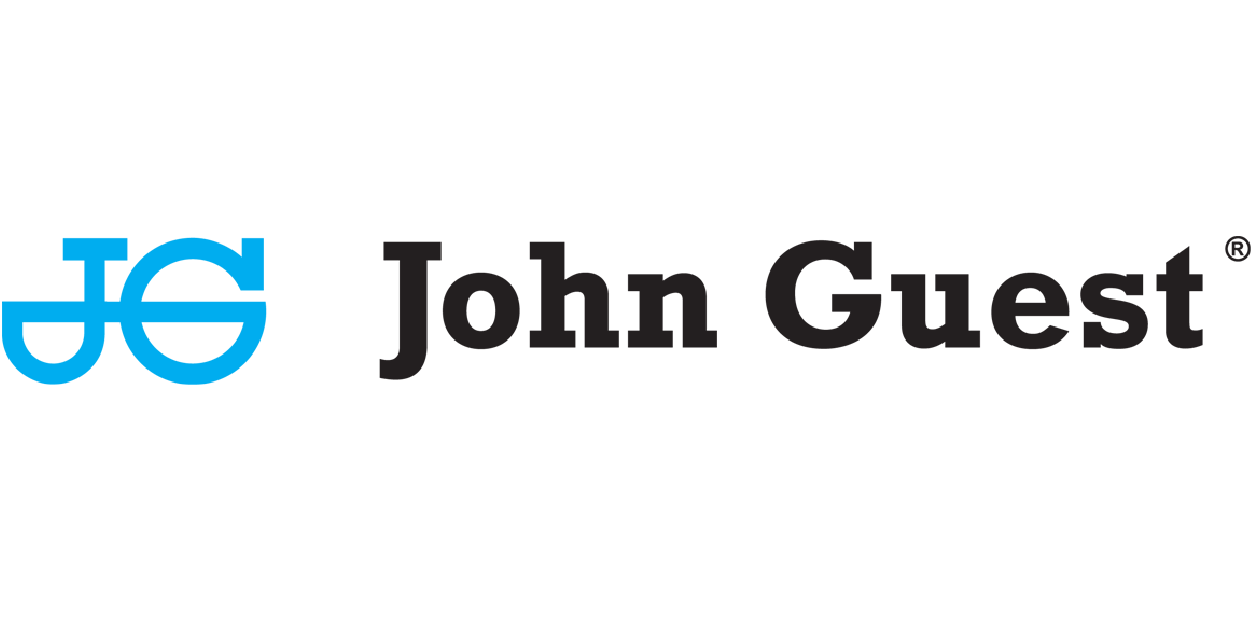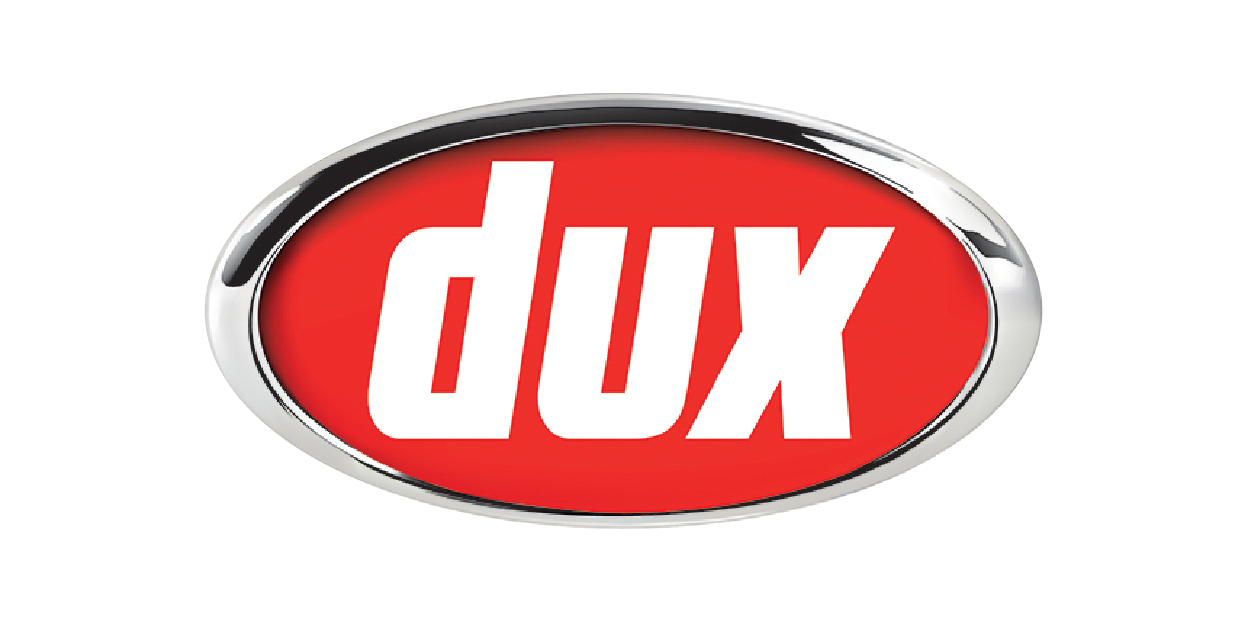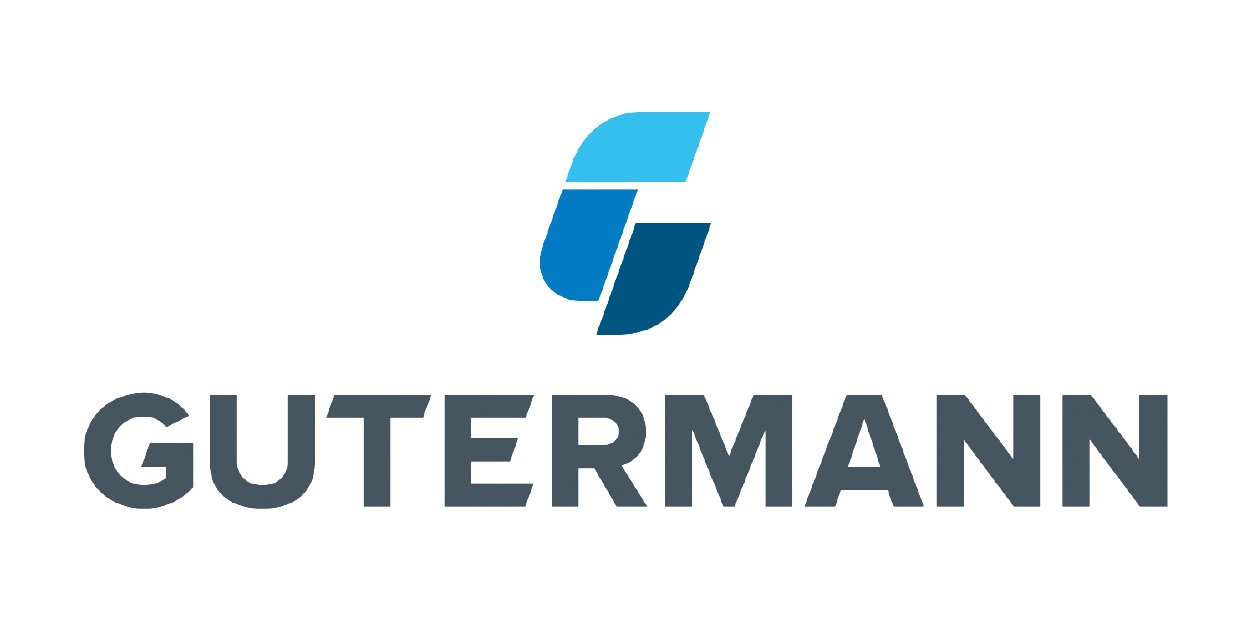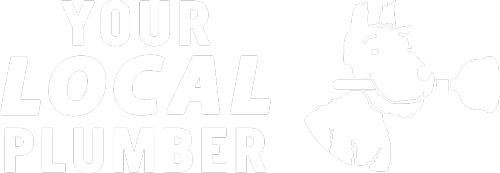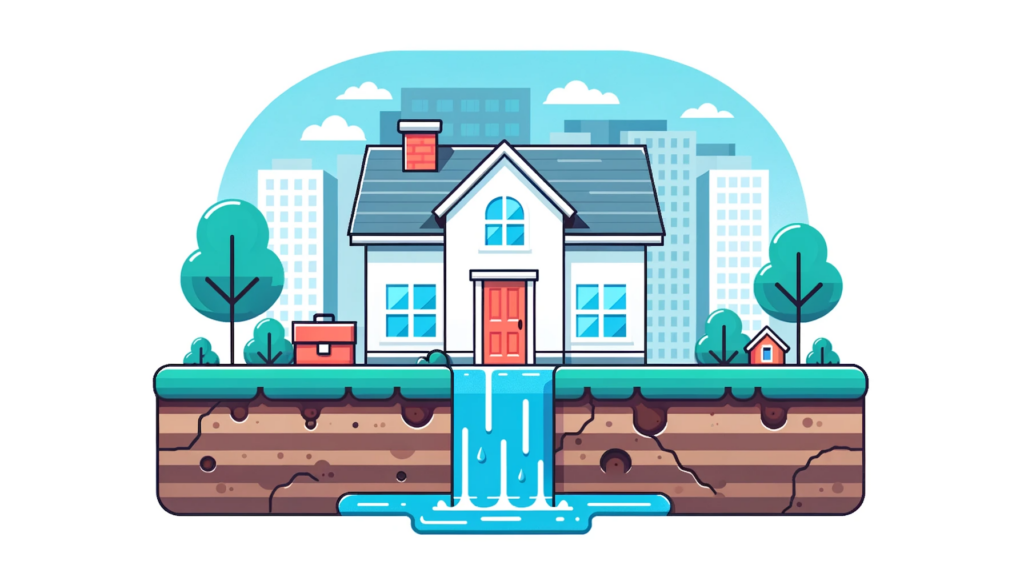
Call Today 09 973 4973 or
Scope and Importance of 24/7 Emergency Gas Services
- Immediate Response: These services are designed to respond immediately to reports of gas leaks or other emergencies, operating around the clock to ensure that help is available when needed.
- Expertise and Equipment: Emergency gas services are staffed by licensed gas fitters equipped with the necessary tools and technology to address and resolve gas emergencies efficiently. Their expertise allows for quick identification of the problem and implementation of the safest and most effective solution.
- Public Safety: The primary aim is to protect public safety by preventing potential explosions, fires, and exposure to harmful gases. Quick intervention can significantly reduce the impact of gas-related emergencies.
Accessing Emergency Gas Services
- Emergency Contact Numbers: It’s important for property owners and residents to have easy access to the contact numbers for emergency gas services. These should be prominently displayed in homes, workplaces, and public buildings.
- Gas Utility Providers: Many gas utility companies in New Zealand offer their own 24/7 emergency response services. Customers should be familiar with how to contact their provider in case of an emergency.
- Local Authorities: In some cases, local government or emergency services may provide guidance or assistance in responding to gas emergencies, including coordinating with gas utility providers.
Preparation and Prevention
While 24/7 emergency services play a crucial role in addressing gas emergencies, preparation and preventive measures are equally important:
- Regular Maintenance: Ensuring that gas appliances and systems are regularly maintained and inspected can help prevent emergencies from occurring in the first place.
- Education and Awareness: Educating the public about the signs of a gas leak and the correct actions to take, including when to call emergency services, is vital for preventing accidents and ensuring a rapid response.
- Safety Equipment: Installing gas detectors and automatic shut-off valves can provide early warning of leaks and automatically take action to mitigate risks.
Collaboration and Continuous Improvement
- Feedback and Analysis: Emergency gas services often work closely with regulatory bodies, utility providers, and safety organisations to analyse incidents and feedback, aiming to continuously improve response strategies and safety protocols.
- Training and Development: Ongoing training for emergency responders ensures they are up to date with the latest safety practices, technologies, and regulatory requirements.
The provision of 24/7 emergency gas services is a cornerstone of New Zealand’s commitment to gas safety. By ensuring that expert help is always available, and by promoting preventive measures and public awareness, the risks associated with gas use can be significantly mitigated.
Integration with National Safety Protocols
New Zealand’s approach to gas safety is underpinned by a robust framework of national safety protocols that guide the operation of 24/7 emergency gas services. This includes:
- Standardised Response Procedures: Emergency services follow standardised procedures for assessing and responding to gas emergencies, ensuring a consistent and effective approach across different regions and providers.
- Regulatory Compliance: All emergency interventions are conducted in compliance with the Gas (Safety and Measurement) Regulations 2010, ensuring that repairs and safety measures meet national standards.
Technological Advancements in Emergency Response
The effectiveness of 24/7 emergency gas services is significantly enhanced by technological advancements:
- Remote Monitoring Systems: Many modern gas appliances and systems are equipped with remote monitoring capabilities, allowing for real-time detection of leaks and system failures. This technology enables emergency services to receive alerts and respond more quickly to potential hazards.
- GIS and Mapping Tools: Geographic Information Systems (GIS) and other mapping tools help emergency responders quickly locate the source of a gas leak and plan the most efficient response route, saving valuable time in critical situations.
- Mobile Communication Platforms: The use of mobile apps and platforms facilitates direct communication between emergency services and the public, allowing for rapid reporting of gas emergencies and providing the public with real-time updates on incident responses.
Community Engagement and Education
The success of 24/7 emergency gas services also depends on active community engagement and public education:
- Awareness Campaigns: Regular awareness campaigns inform the public about gas safety, the signs of a gas leak, and how to respond in an emergency. These campaigns also promote the availability of 24/7 emergency services, ensuring that the public knows how to access help when needed.
- Safety Workshops and Training: Offering workshops and training sessions for community groups, schools, and businesses can equip individuals with the knowledge and skills to respond safely to gas emergencies, complementing the work of emergency services.
- Feedback Mechanisms: Encouraging feedback from the public on the effectiveness of emergency responses helps identify areas for improvement, ensuring that services continue to meet the community’s needs.
Suppliers
